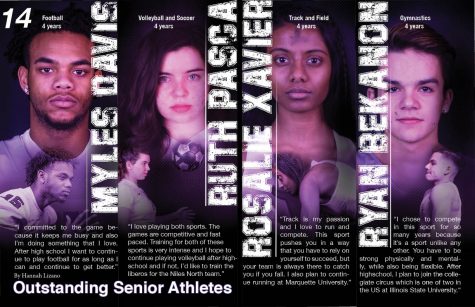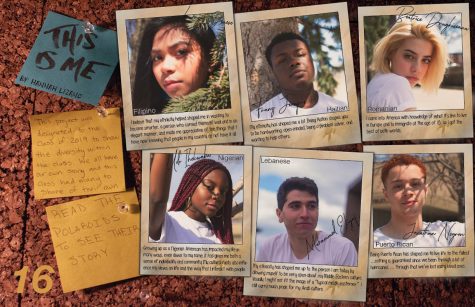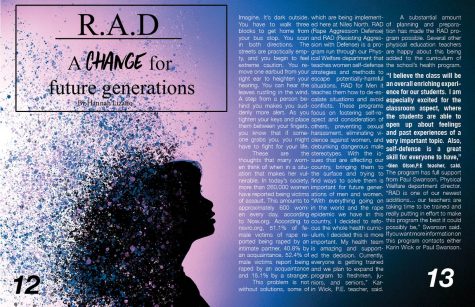Hannah Lizano Swagfolio
May 20, 2019
College athletes: pay to play
Student-athletes competing at the college level have a high level of dedication. The sports are usually very demanding and on top of that students are having to study academics. While these students are working in school and sports the program that provides this ability is the NCAA. NCAA is a large organization that makes a lot of money from these athletes which leaves people wondering, “Should college athletes get paid?”
College athletics have been around for decades and lately the controversy around the topic if student athletes should be paid has arisen.
Typically student athletes competing in the division 1 (D1) level have gotten scholarship money to go towards their tuition for competing for a very high level of athletics.
The average amount of scholarship from the D1 level a college athlete receives is 13 thousand for females and 14 thousand for males according to cnbc.com.
During the season of March Madness, the NCAA makes about an average of 1 billion dollars in revenue.
As a student athlete, I believe athletes shouldn’t get paid because it blurs the line between a college athlete and a professional and it starts to make being a professional less than what it really is.
Veronica Walinski, D1 track and field athlete said, “You can be a college athlete and still do the bare minimum… to be paid means you’re providing a service based off your skill set and that is your career.”
While these athletes work hard to gain the title of being a D1 athlete, they’re still apart of the school as a student but also doing a sport. Just like a student who would be doing student government or other clubs, and those students aren’t being paid.
Walinski said, “ College is the last step to a career, so if college students aren’t being paid to learn why should college athletes be paid to play.”
Opposing arguments bring up how much the NCAA does make and that they are profiting off of these students.
Ajdena Preza, Senior said, “To get athletes to be the best they can be, they should be paid so they don’t have to worry about stuff outside the court, field, etc. so they can focus on just improving.”
If you’re interested in learning more about this, check out the NCAA website for regulations and rules and ask your Athletic directors and coaches for their opinion.
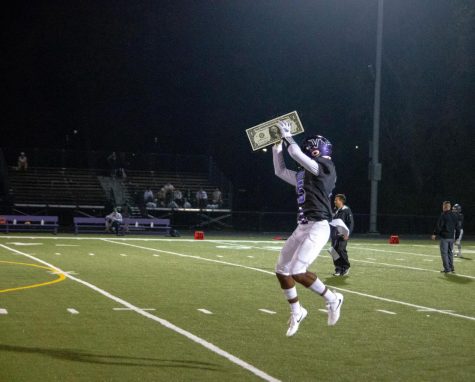
Coach, Teacher, Athlete: Joshua Yamamoto does it all.
Joshua Yamamoto is a science teacher here at District 219. He studied at Augustana College and was involved in the track and field program there. He is also one of the coaches for the Niles North Girls Track and Field team.
Yamamoto made his move to work at District 219 because of his passion for teaching. When asked why he came to Skokie to teach he said, “I knew the school prior to coming here… I just went in to interview and got accustomed to everyone and the students, and one word to describe the school was diverse and how great it was to be at school filled with a lot of people from different backgrounds.”
While he studied in Augustana college he also participated in the school’s track and field team. His passion for track and field grew in high school and continued through college.
“I started out when I was young, just seeing the olympics on television and seeing the variety of different athletes achieve their dreams and pursuing what seems to be the impossible and it inspired me to do the same.”
While he still teaches he is currently working at qualifying for the 2020 Olympic trials. To Yamamoto, time management is everything especially being a teacher, coach, and athlete.
“It keeps me busy for sure, I normally just try to get something in after school or coaching, go to my training which takes about 2-3 hours a day on top of everything,” Yamamoto said.
He has had this goal of going to the Olympics since he was a child when he watched it on TV but now that dream has become a reality.
He had success in high school but in college is when he really grew as an athlete.
“I achieved some success in high school but it really sprouted in college and then just after college I decided that maybe I could take this to the next level.”
If you want to know more about Yamamoto contact him at [email protected].
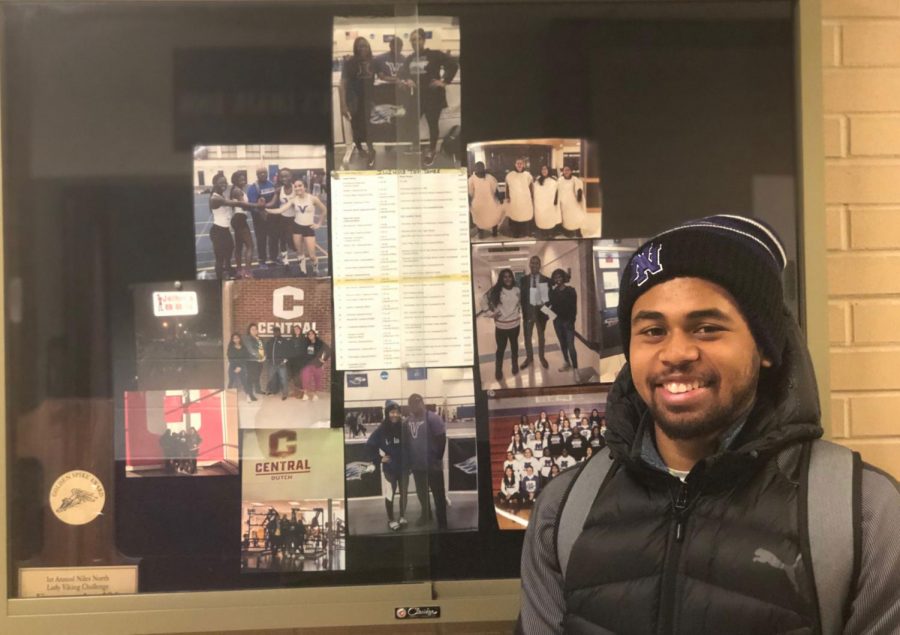
This year through NSN (North Star News) I’ve grown so much as a journalist and as a person. I’m so proud of the amount I’ve accomplished within just one year. I’ve learned to edit video, stories, and audio stories. I want to give credit where credit is due and that to Mr. Silverberg and Mr. Mormolstein. Mr. Silverberg taught me behind the scenes of NSN. I learned to edit and have persistence within the work I create. Over this last semester, I grew as an editor and I can say confidently that the work I put out is work that I am proud of and that’s because of the skills I’ve gained from Mr. Silverberg and I’m very thankful for that. Mr. Mormolstein, you’re quite the iconic person. You’ve taught me so much through journalism. I can now edit both stories and papers on my own (I usually just am too lazy to actually do that). I’ve learned to portray my thoughts on to the screen more concisely with your help. I cannot wait to use these skills to grow even more in my post-high school careers and share all the work I’ve made with everyone. North Star News will always have a special place in my heart and to the students and most especially the teachers that were there to guide me through it.
